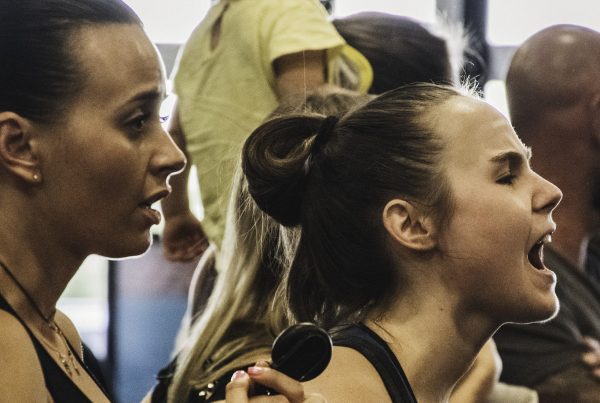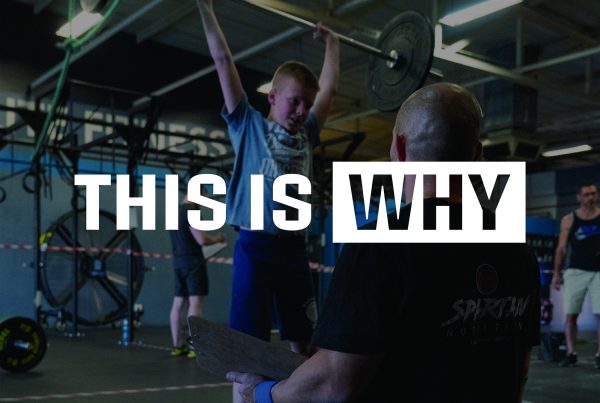Most people want to look better naked, right? Or at the very least feel comfortable and healthy with their bodies. The two most commonly used mediums to measure body weight or body composition, however, are also the most misleading methods. Measuring body weight (in kgs or lbs) tells you just that, your body weight. It doesn’t take into account the proportion of fat and lean mass you’re holding.
The other method is the mirror. Self-image issues can skew your perception – you know the conundrums – guys typically see a smaller version of themselves, women typically see a larger version of themselves, and overweight people often see nothing wrong.
There’s also the misconception that weight loss is indicative of fat loss. So let’s define those first.
- Weight Loss:
Your body weight is the sum weight of your organs, bones, muscle, soft tissue, etc. Weight loss simply takes into account a drop in this sum.
- Fat Loss:
We generally look at what percentage of your body weight is fat. Therefore, fat loss would result in a lower body fat percentage. We know that excess body fat leads to an array of health problems. Depending on gender, age and types of activity, healthy body fat percentages for women and men are respectively 12-18% and 10-16%.
Therein lies the problem with just measuring your body weight – it doesn’t tell you if you’re losing the right stuff. For most, losing the right stuff means fat, but in some cases such as weight categorised sports, athletes might need to lose some muscle or water too. Either way, the scale is not going to tell you that.
This is how the scale is misleading you:
- Daily Fluctuations in Weight:
Your body weight is also heavily influenced by your gut contents and water retention. You could see a change of up to 3kg in a day!
- Water & Carbs:
Water retention is also affected by carb consumption – the more (starchy) carbs you eat, the more water you retain. So when you first cut out those bad high glycemic carbs and you see the scale drop, a lot of it has to do with water loss.
- Muscle vs Fat:
If you’re exercising to manage your weight and improve health and performance, you’ll be building muscle. Muscle weighs more than fat, so while you might be losing fat, the scale won’t change to due increases in muscle mass. Note: Building muscle doesn’t necessarily mean “getting bulky.” 😉
All of the above also proves why using the Body Mass Index (BMI = weight divided by height squared in meters) is flawed. You could have two people of the same height and weight with the same BMI, but one lean and the other overweight!
How do you ensure that you’re losing body fat and not just muscle and water?
- Training functional movements at a high (relative) intensity elicits a huge neuroendocrine response. That simply means that it encourages the growth of soft tissue and muscle. Sounds like CrossFit!
- Eat clean at least 80% of the time. You all know the deal: Eat a variety of meat and vegetables, some fruit, nuts and seeds, little dairy and starch, and no sugar. You can’t out-train a shitty diet 😉
- Don’t get caught in the cardio trap. Unless there’s a good deal of resistance-based exercises in your training regime to go with all that cardio, you won’t maintain good muscle too. That’s why I like to call endurance only athletes ‘skinny fat.’ Yes, they have low body weight, but a low percent of that is muscle!
Tracking change over time is imperative
- Measure your body fat percentage. Skinfold calipers are often used, but nowadays there are clinically tested and reliable electronic devices that are just as reliable. Every four to six weeks is sufficient. While we do need to measure body weight when testing body fat, it’s required for the equation and to calculate lean body mass and it’s not something we track at all.
- Take full body photos from front, side and back. This is better than trying to compare changes by looking in the mirror.
- Take note of changes in your clothes sizes.
- Record waist and hip girth.
- Track changes in your performance over time, including strength and metcon stats.
So ditch the scale and mirror because they’re just playing tricks on your mind. Eat clean, train smart, be consistent, and results will come.
If results don’t come, seek guidance!




